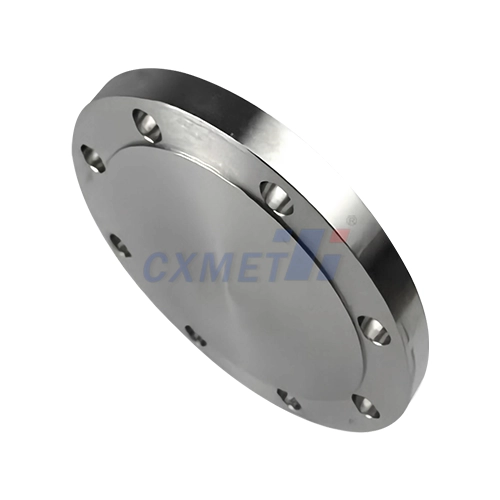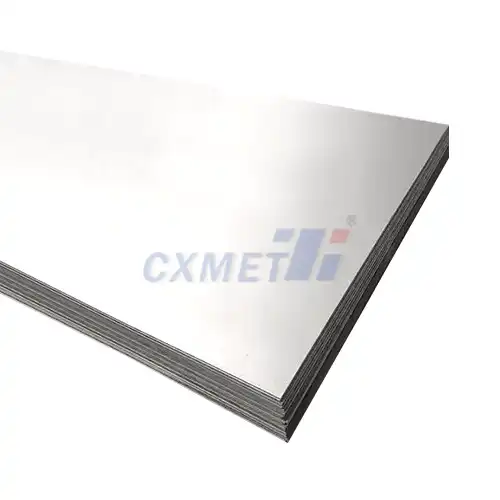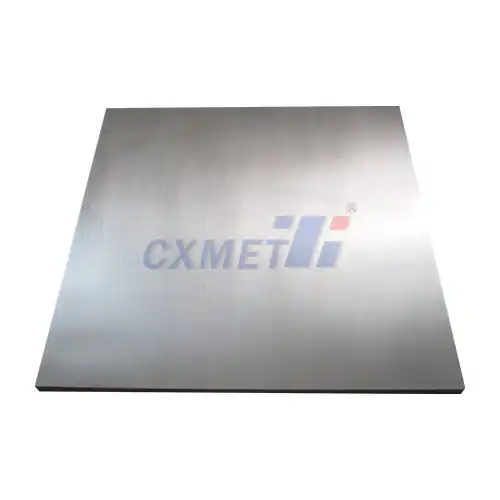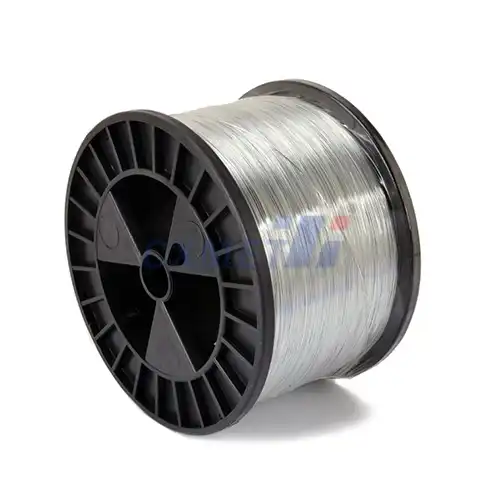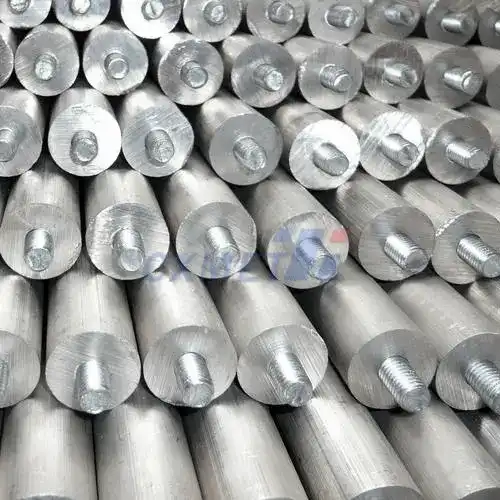- English
- French
- German
- Portuguese
- Spanish
- Russian
- Japanese
- Korean
- Arabic
- Greek
- German
- Turkish
- Italian
- Danish
- Romanian
- Indonesian
- Czech
- Afrikaans
- Swedish
- Polish
- Basque
- Catalan
- Esperanto
- Hindi
- Lao
- Albanian
- Amharic
- Armenian
- Azerbaijani
- Belarusian
- Bengali
- Bosnian
- Bulgarian
- Cebuano
- Chichewa
- Corsican
- Croatian
- Dutch
- Estonian
- Filipino
- Finnish
- Frisian
- Galician
- Georgian
- Gujarati
- Haitian
- Hausa
- Hawaiian
- Hebrew
- Hmong
- Hungarian
- Icelandic
- Igbo
- Javanese
- Kannada
- Kazakh
- Khmer
- Kurdish
- Kyrgyz
- Latin
- Latvian
- Lithuanian
- Luxembou..
- Macedonian
- Malagasy
- Malay
- Malayalam
- Maltese
- Maori
- Marathi
- Mongolian
- Burmese
- Nepali
- Norwegian
- Pashto
- Persian
- Punjabi
- Serbian
- Sesotho
- Sinhala
- Slovak
- Slovenian
- Somali
- Samoan
- Scots Gaelic
- Shona
- Sindhi
- Sundanese
- Swahili
- Tajik
- Tamil
- Telugu
- Thai
- Ukrainian
- Urdu
- Uzbek
- Vietnamese
- Welsh
- Xhosa
- Yiddish
- Yoruba
- Zulu
How Does Gr7 Titanium Wire Perform In Marine Environments?
2024-12-04 11:28:27
Grade 7 titanium wire, known for its exceptional corrosion resistance and strength, has gained significant attention in marine applications. This alloy, composed of titanium with small amounts of palladium, offers unique properties that make it particularly suitable for use in harsh marine environments. In this blog post, we'll explore the performance of Gr7 titanium wire in marine settings, addressing its corrosion resistance, mechanical properties, and long-term durability.
What makes Gr7 titanium wire resistant to seawater corrosion?
Grade 7 titanium wire's exceptional resistance to seawater corrosion is attributed to its unique composition and the protective oxide layer that forms on its surface. The addition of palladium to the titanium alloy enhances its corrosion resistance, particularly in reducing environments where hydrogen embrittlement can be a concern.
The natural oxide layer that forms on the surface of Gr7 titanium wire acts as a barrier against corrosive elements in seawater. This passive film is extremely stable and self-healing, meaning that if it's damaged, it quickly reforms in the presence of oxygen. This characteristic is crucial in marine environments where constant exposure to saltwater and other corrosive elements can rapidly degrade many other materials.
Gr7 titanium wire's resistance to crevice corrosion is particularly noteworthy. In marine applications, crevices can often form between components or in areas where debris accumulates. These crevices can create localized environments where corrosion is accelerated. However, Gr7 titanium's resistance to this type of corrosion makes it an ideal choice for applications where such conditions are likely to occur.
The wire's resistance to pitting corrosion is another critical factor in its performance in marine environments. Pitting corrosion, which can lead to rapid and localized material loss, is a common problem for many metals in seawater. Gr7 titanium's resistance to this form of corrosion ensures that the wire maintains its structural integrity even after prolonged exposure to marine conditions.
Furthermore, Gr7 titanium wire's galvanic compatibility with other materials commonly used in marine applications is an additional advantage. When dissimilar metals are in contact in an electrolyte solution like seawater, galvanic corrosion can occur. Gr7 titanium's nobility in the galvanic series means it's less likely to cause accelerated corrosion of other metals it's in contact with, making it easier to integrate into complex marine systems.
How does the strength of Gr7 titanium wire compare to other marine-grade materials?
When comparing the strength of Gr7 titanium wire to other marine-grade materials, it's essential to consider various factors such as tensile strength, yield strength, and strength-to-weight ratio. Gr7 titanium wire exhibits impressive mechanical properties that often surpass those of many traditional marine materials.
In terms of tensile strength, Gr7 titanium wire typically offers values ranging from 480 to 550 MPa (70 to 80 ksi). This is comparable to or higher than many grades of stainless steel commonly used in marine applications. For instance, 316L stainless steel, a popular choice for marine use, has a tensile strength of about 485 MPa (70 ksi). The high tensile strength of Gr7 titanium wire allows for the use of smaller diameter wires in applications where load-bearing capacity is crucial, potentially reducing overall weight and material costs.
The yield strength of Gr7 titanium wire, typically around 380 MPa (55 ksi), is also impressive. This high yield strength means that the wire can withstand significant loads without permanent deformation, a crucial factor in many marine applications where maintaining structural integrity under stress is essential.
One of the most significant advantages of Gr7 titanium wire is its exceptional strength-to-weight ratio. Titanium has a density of about 4.5 g/cm³, compared to stainless steel's 8.0 g/cm³. This means that for the same strength, a titanium component can weigh nearly half as much as its stainless steel counterpart. In marine applications where weight is a critical factor, such as in offshore oil and gas platforms or marine research equipment, this property of Gr7 titanium wire can offer significant advantages in terms of design flexibility and operational efficiency.
Moreover, Gr7 titanium wire maintains its strength at elevated temperatures better than many other marine-grade materials. This property is particularly valuable in applications where the wire may be exposed to high temperatures, such as in heat exchangers or in deep-sea environments where geothermal activity may be present.
It's also worth noting that Gr7 titanium wire's strength is not compromised by its excellent corrosion resistance. Some materials may sacrifice strength for corrosion resistance or vice versa, but Gr7 titanium manages to excel in both areas, making it a versatile choice for a wide range of marine applications.
What is the long-term durability of Gr7 titanium wire in marine applications?
The long-term durability of Gr7 titanium wire in marine applications is one of its most compelling attributes. This alloy has demonstrated exceptional performance over extended periods in some of the most challenging marine environments, making it a preferred choice for many long-term and critical installations.
One of the key factors contributing to the long-term durability of Gr7 titanium wire is its resistance to stress corrosion cracking (SCC). SCC is a significant concern in marine environments, where the combination of stress and corrosive elements can lead to sudden and catastrophic failure of materials. Gr7 titanium's resistance to SCC ensures that it maintains its structural integrity even when subjected to both mechanical stress and corrosive conditions over long periods.
The fatigue resistance of Gr7 titanium wire is another crucial aspect of its long-term durability. In marine applications, materials are often subjected to cyclic loading due to wave action, tidal forces, or vibrations from machinery. Gr7 titanium's high fatigue strength means it can withstand these repeated stress cycles without failure, contributing to its longevity in marine installations.
Gr7 titanium wire's resistance to erosion-corrosion is particularly valuable in marine environments where flowing seawater or suspended particles can accelerate material degradation. This resistance helps maintain the wire's dimensional stability and structural integrity over time, even in high-flow or turbulent conditions.
The biofilm resistance of Gr7 titanium wire is another factor that contributes to its long-term durability. In marine environments, the formation of biofilms on surfaces can lead to microbiologically influenced corrosion (MIC). Gr7 titanium's resistance to biofilm formation helps mitigate this risk, ensuring that the wire's performance is not compromised by biological factors over time.
Long-term studies and real-world applications have demonstrated the exceptional durability of Gr7 titanium wire in marine environments. For instance, titanium alloys, including Gr7, have been used in offshore oil and gas platforms for decades, withstanding the harsh conditions of the North Sea and other challenging marine environments. In these applications, Gr7 titanium components have often outlasted the design life of the structures they're part of, demonstrating their superior long-term performance.
It's important to note that while Gr7 titanium wire offers excellent long-term durability, proper design and installation are crucial to fully realize these benefits. Factors such as appropriate sizing, correct specification for the specific application, and consideration of galvanic compatibility with other materials in the system all play a role in ensuring the longevity of Gr7 titanium wire in marine applications.
Conclusion
In conclusion, Gr7 titanium wire demonstrates exceptional performance in marine environments, offering a combination of corrosion resistance, strength, and long-term durability that is hard to match with other materials. Its resistance to seawater corrosion, including crevice and pitting corrosion, makes it ideal for prolonged exposure to marine conditions. The strength of Gr7 titanium wire, particularly its impressive strength-to-weight ratio, provides significant advantages in marine applications where weight and performance are critical factors. Finally, its long-term durability, evidenced by resistance to stress corrosion cracking, fatigue, and erosion-corrosion, ensures that Gr7 titanium wire remains a reliable choice for critical marine installations over extended periods. As marine industries continue to push the boundaries of technology and exploration, Gr7 titanium wire stands as a material capable of meeting these challenging demands.
At SHAANXI CXMET TECHNOLOGY CO., LTD, we take pride in our extensive product range, which caters to diverse customer needs. Our company is equipped with outstanding production and processing capabilities, ensuring the high quality and precision of our products. We are committed to innovation and continuously strive to develop new products, keeping us at the forefront of our industry. With leading technological development capabilities, we are able to adapt and evolve in a rapidly changing market. Furthermore, we offer customized solutions to meet the specific requirements of our clients. If you are interested in our products or wish to learn more about the intricate details of our offerings, please do not hesitate to contact us at sales@cxmet.com. Our team is always ready to assist you.
References
- ASTM International. (2021). ASTM B265-20e1 Standard Specification for Titanium and Titanium Alloy Strip, Sheet, and Plate.
- Schutz, R. W. (2005). Corrosion of Titanium and Titanium Alloys. ASM Handbook, Volume 13B: Corrosion: Materials, 252-299.
- Donachie, M. J. (2000). Titanium: A Technical Guide. ASM International.
- Revie, R. W., & Uhlig, H. H. (2008). Corrosion and Corrosion Control: An Introduction to Corrosion Science and Engineering. John Wiley & Sons.
- Schillmoller, C. M. (2001). Selection and Performance of Titanium and Zirconium Alloys in Aqueous Environments. NACE International.
- Leyens, C., & Peters, M. (Eds.). (2003). Titanium and Titanium Alloys: Fundamentals and Applications. John Wiley & Sons.
- Schutz, R. W., & Thomas, D. E. (1987). Corrosion of Titanium and Titanium Alloys. ASM Handbook, Volume 13: Corrosion, 669-706.
- Boyer, R., Welsch, G., & Collings, E. W. (Eds.). (1994). Materials Properties Handbook: Titanium Alloys. ASM International.
- Peters, M., Kumpfert, J., Ward, C. H., & Leyens, C. (2003). Titanium Alloys for Aerospace Applications. Advanced Engineering Materials, 5(6), 419-427.
- Schutz, R. W. (1992). Recent Titanium Alloy and Product Developments for Corrosive Industrial Service. NACE International.
